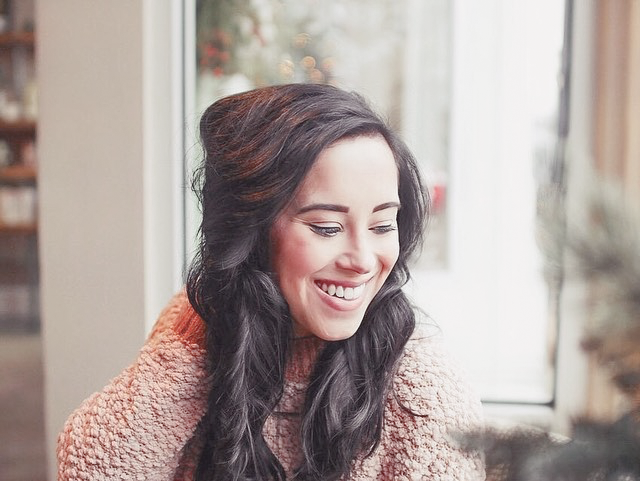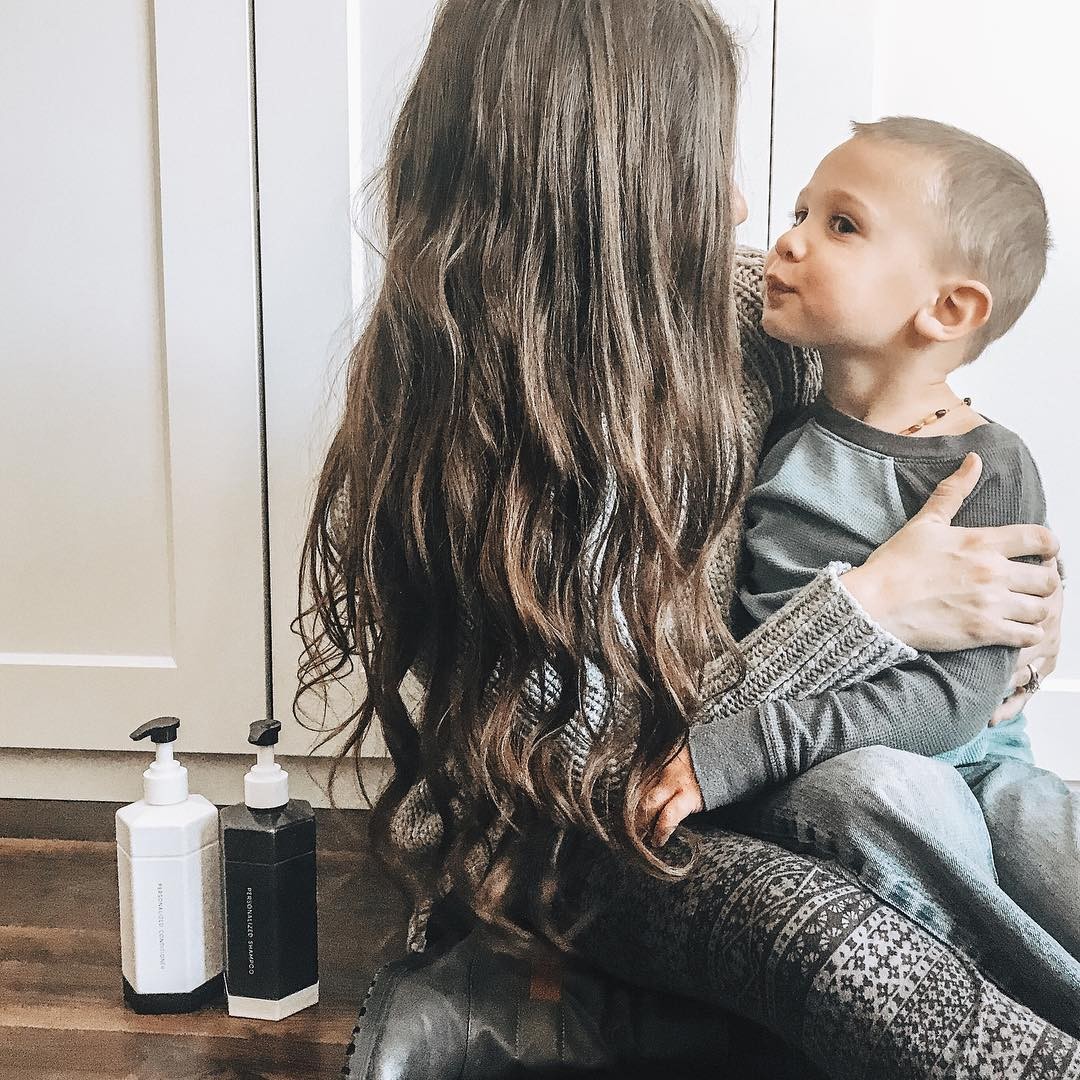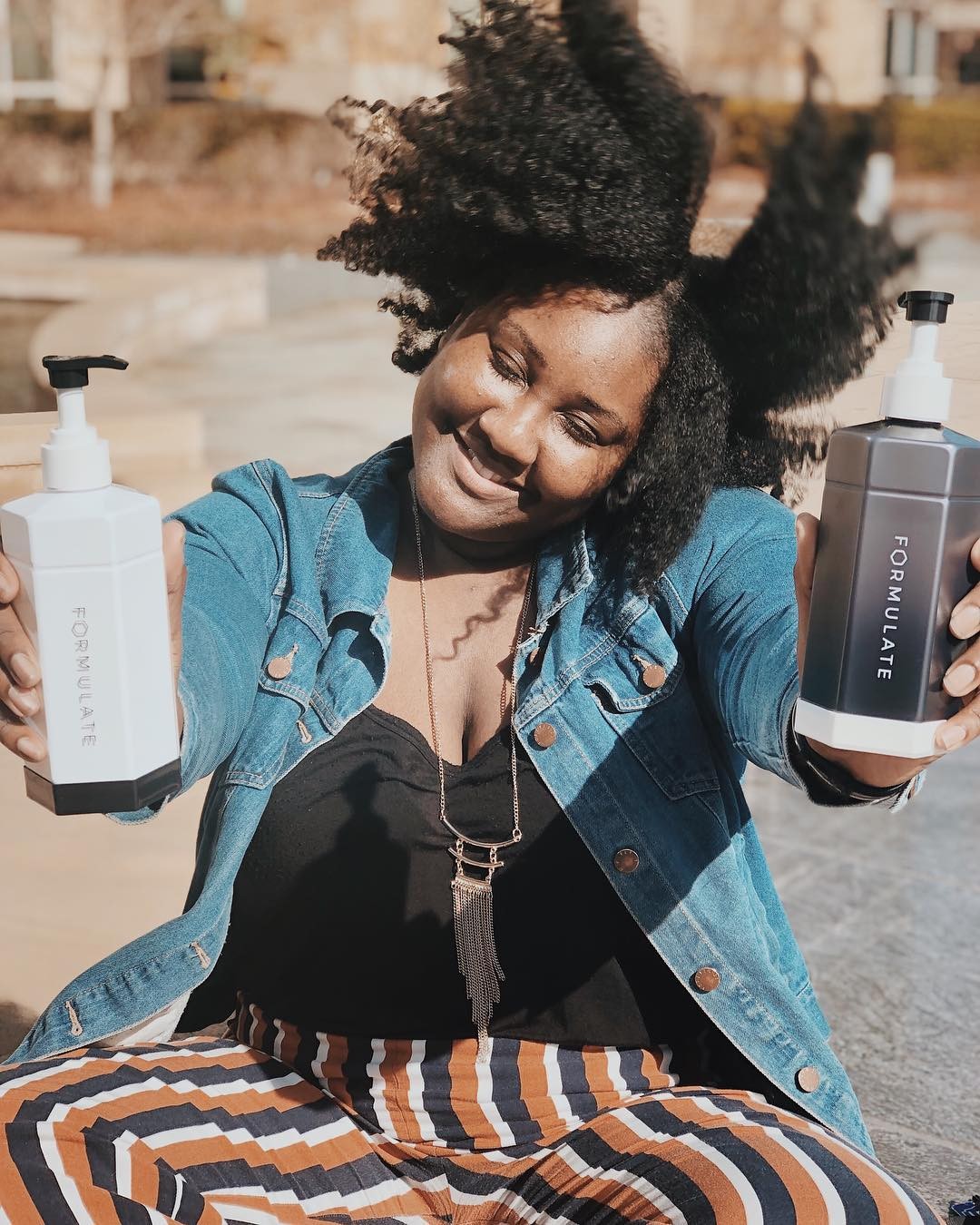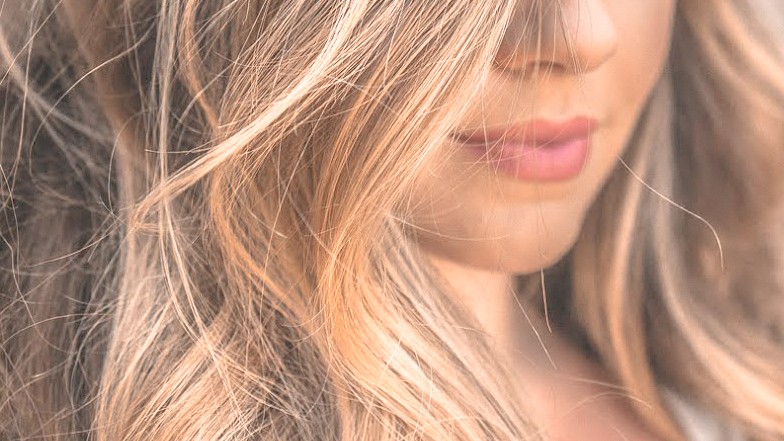These days, it seems like everyone has an opinion on how often you should brush your hair. Your mom says you should do it more ("you aren't really going to leave the house without brushing your hair, right?"), your natural friends say you should do it less, and your dermatologist side steps the question and instead reminds you to wear a hat and sunscreen when you go outside.
Is it good to brush your hair a lot?
It's been pretty well established within the hair care industry that the 100-strokes-a-day myth is, well, a myth. We know that brushing too much is bad for hair -- over-brushing is a common way to inflict intense mechanical stress onto hair samples that have been treated with a hair product that's being tested for effectiveness within the lab setting.
But does under-brushing lead to any similar consequences? Celebrity hair stylist, salon owner, and trichologist Vincent De Marco says yes: "I generally recommend brushing your hair twice a day, when you first wake up and before bed. Given the fact that we shed anywhere from 60 to 100 hairs a day, it's best to leave those hairs in the brush as opposed to the sheets." And that's certainly a fair point -- no one wants to unintentionally decorate their furniture with shed hairs because ew.

Beyond the aesthetic reasons, De Marco says there's also a psychological reason for removing shed hairs via regular brushing. "If you don't brush your hair often the hairs that have shed will actually remain in the interior of the hair until you brush it, often causing alarm for some folks because you'll see three days of shed all at once and automatically assume the worst." This is especially true for someone who is already experiencing a chronic illness or another condition that could cause them to fear hair loss -- there's no point in adding the stress of a false positive of hair loss on top of the stress from whatever you were experiencing before.
Is it bad not to brush your hair?
For many people, brushing twice a day might sound like a lot. If you're a person who swears by a routine of only brushing once a week post wash, then by all means, do what works for you.
London based stylist Andrew Kyriakou recommends that most of his clients brush at least once a day to avoid excess tangles and knots. But he also acknowledges that different clients have different needs: "Hair type is very important. For example, somebody with hair types 3c-4a may find it more comfortable to brush when wet with an applied conditioner or moisturising product as their hair type can be dry or brittle. Hair types 1-2c are a little different as they usually hold more moisture and can feel smoother so it's easier for a brush to glide through the hair." So if your hair is kinky/coily/curly, it's just fine that you're not brushing everyday, or if you need special products to brush efficiently.
So let's ask the obvious question: if hair brushing is useful mostly for removing shed hairs and detangling, couldn't you just get the job done with finger combing? Could someone potentially live their life without ever needing to interact with a brush or a comb?

Andrew says: "From the stylist's point of view, not so much." Hair brushes and combs are excellent tools for efficiently maneuvering and styling hair. While they can certainly be misused, it's hard to get the same ease of management from just your fingers-- ever tried parting your hair without a comb? It's not fun.
So are there any other benefits to brushing hair? Stylist Ghanima Abdullah says that regular brushing can also be useful for maintenance, in that it "is meant to move sebum from the roots to the tip of the hair." While sebum (the oil that emerges from your scalp) can make hair look a little icky in excess, it can act as an excellent natural conditioner for your tresses when evenly distributed. Sebum typically isn't quite as good as a professionally formulated conditioner, since it lacks protective silicones and can look kind of gnarly over time, but it certainly still can be beneficial.

Of course, conditioning via brushing doesn't work for all hair types, and should also be supplemented with use of an actual conditioner to get that good silicone protection. Abdullah says that she doesn't recommend maintenance brushing to anyone with an oily scalp, or hair that's prone to breakage. Plus, as you get older, you may want to change your brushing frequency. "People who have hair miniaturization, or fine strands of hair, have a weaker form of hair that will become damaged with frequent brushing. This can happen with aging, so a person who brushes their hair every night in their younger years, might not be able to continue the practice as they age."
So, all in all, you should probably brush your hair every once in a while, if not every day. While daily brushing might not be best suited for all hair types, occasional brushing and combing does wonders for keeping your strands in check.
Wanna further up your style game and take better care of your hair? Here's what's next:
Hair Secrets: 7 Things Your Hairstylist Won't Tell You
(but totally wants you to know)
What's a blowout? (No, seriously)
...in which we provide both the literal definition of a salon blowout and also attempt to figure out the gobstopping popularity of professional blowouts.
Blue Highlights: 40 Stunning Examples
pink highlights = so last year 🙄





